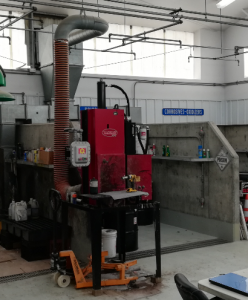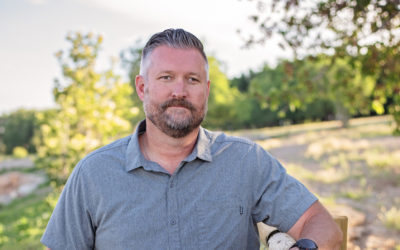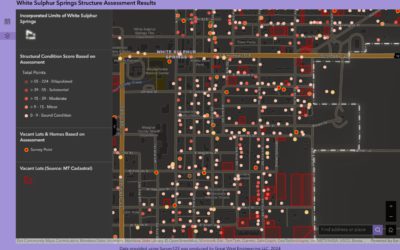Household hazardous wastes (also known as moderate risk wastes) are leftover household products that can catch fire, react, or explode under certain circumstances, or that are corrosive or toxic. Products such as paints, cleaners, oils, gasoline, refrigerants, and pesticides can contain hazardous ingredients and require special care to safely manage them. Diverting Household hazardous wastes (HHW) from our landfills is immensely important in order to protect our groundwaters and mitigate hazardous fumes and gases from openly venting to the atmosphere.

Safe collection and processing of HHW is equally important for our communities’ solid waste workers. Once these wastes are unloaded at a designated area, they are categorized by general waste type and hazard class and then handled accordingly. Bulking and overpacking of these wastes is common practice which can cause worker exposure to chemicals. Ventilation systems, safety showers and eye wash stations, and fire protection systems are essential for safe processing of HHW. Ventilation systems typically include full building or room air exchanges as well as spot ventilation for special equipment such as can crushers and bulking stations. Safety showers and eye wash stations must be supplied by tepid water so that an exposed worker can stand in the water for up to 15 minutes for proper rinsing. Fire protection systems vary from facility to facility depending on multiple factors, but typically, dry chemical systems are common practice in processing areas of the building with the possibility of chemicals that can be reactive to water.
 Great West Engineering has assisted many of our clients in communities across the Inland Northwest with the design and development of safe operating protocols for HHW facilities. The projects have included remodeling and expanding of existing facilities to development of brand-new stand-alone facilities. Nearing completion is the HHW Facility for the Kootenai County Solid Waste Department at their Ramsey Road Transfer Station in Coeur d’Alene, Idaho. This 7,000 sf facility features stand alone hazardous waste lockers for storage and processing of HHW, resinous floor coating to protect the concrete floors, secondary containment, a separate room for refrigerant (CFC) removal, and administrative offices.
Great West Engineering has assisted many of our clients in communities across the Inland Northwest with the design and development of safe operating protocols for HHW facilities. The projects have included remodeling and expanding of existing facilities to development of brand-new stand-alone facilities. Nearing completion is the HHW Facility for the Kootenai County Solid Waste Department at their Ramsey Road Transfer Station in Coeur d’Alene, Idaho. This 7,000 sf facility features stand alone hazardous waste lockers for storage and processing of HHW, resinous floor coating to protect the concrete floors, secondary containment, a separate room for refrigerant (CFC) removal, and administrative offices.
The Kootenai County HHW facility is just one example of communities across the Country taking a proactive approach to the handling of moderate risk wastes. To learn more about how our solid waste specialists can help your community please contact us today for more information.

LATEST NEWS
Great West Welcomes Levi Howell
We are pleased to announce that Levi Howell has joined the Great West Engineering team as a Project Manager in our Boise, Idaho office. With over 11 years of experience in civil engineering, Levi specializes in water and wastewater systems, as well as general...
Kasey Ketterling Joins The Great West Engineering Team
We are pleased to announce that Kasey Ketterling has joined the Great West Engineering team in our Boise office. This marks an exciting opportunity for the local office as we continue to grow our municipal expertise by adding an experienced professional engineer and...
Beyond the Blueprint: How GIS Enhances Engineering & Planning Solutions
Geographic Information Systems (GIS) have become an essential tool for communities striving to make smarter, data-driven decisions. From infrastructure planning to public engagement, GIS provides a dynamic way to visualize, analyze, and manage data across a wide range...



